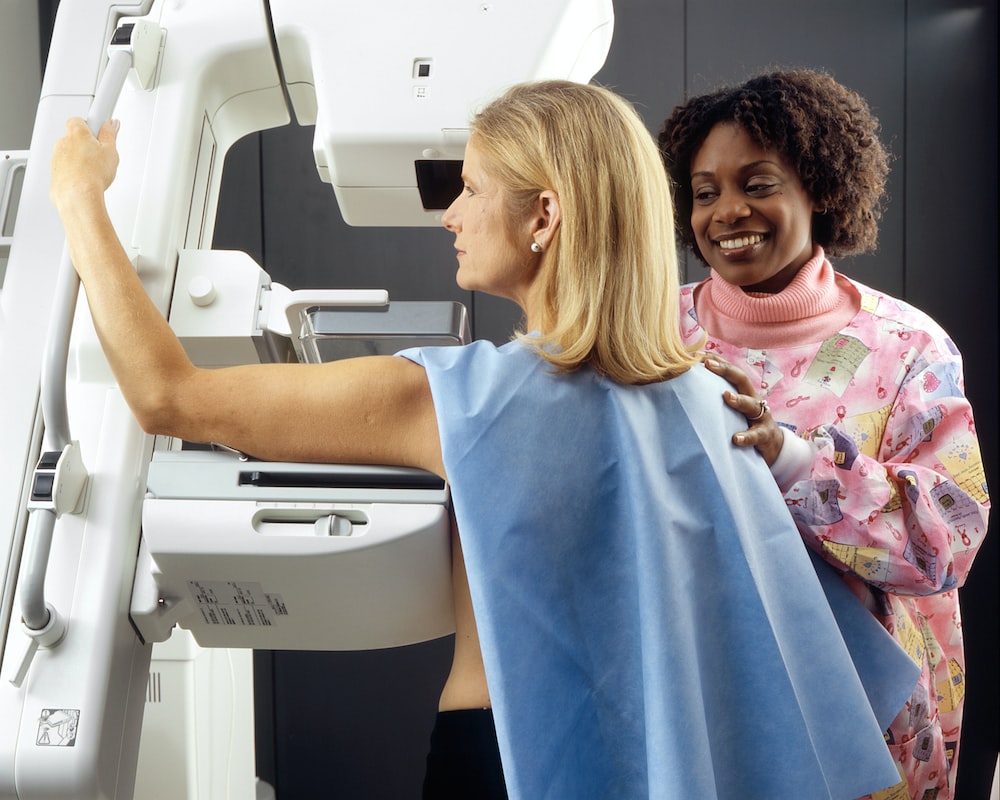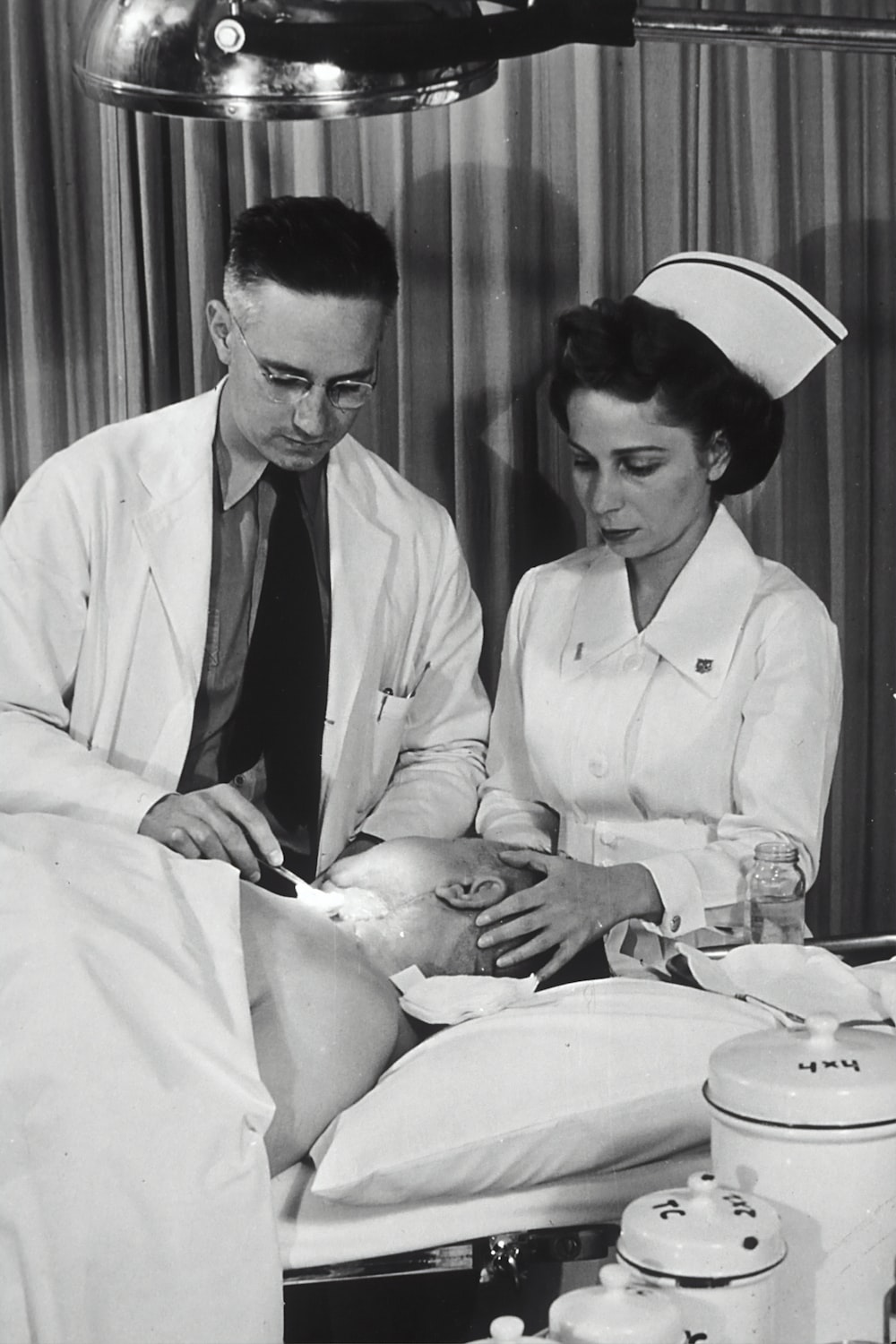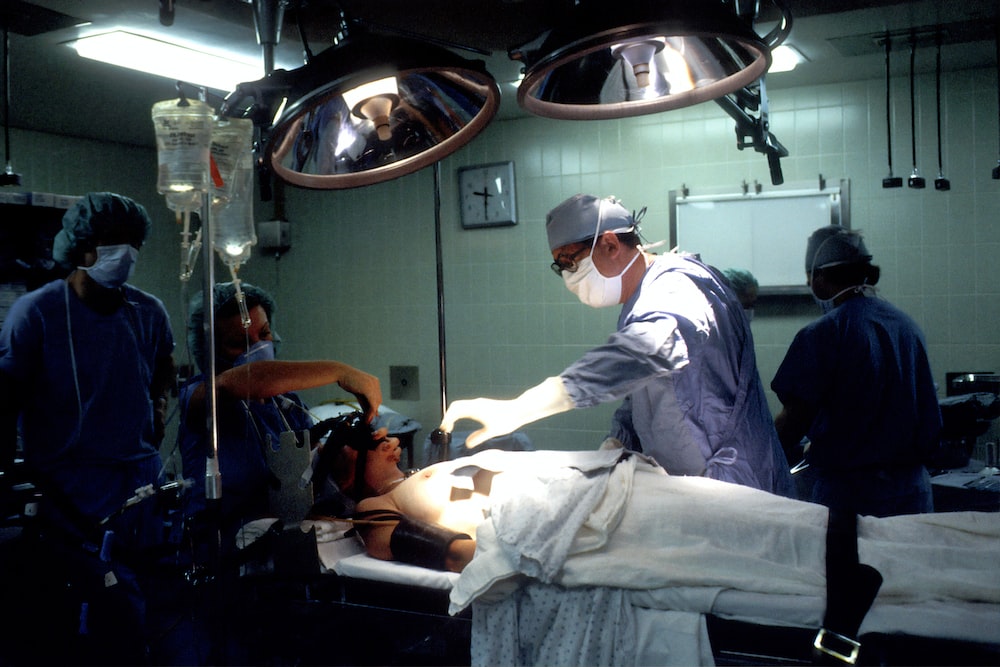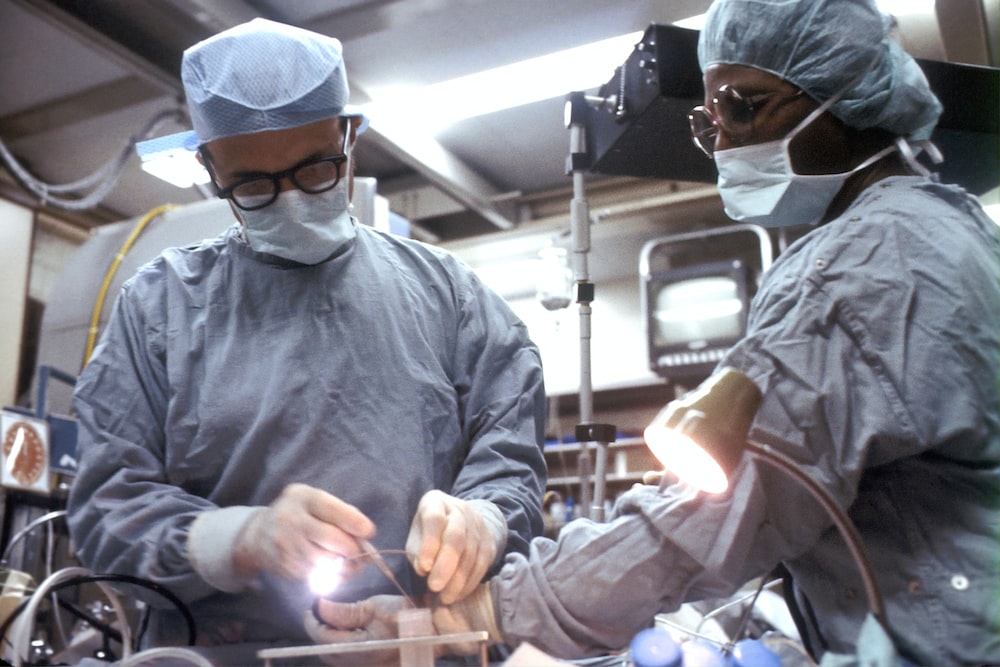Make sure to get your mammogram each month! Early detection is key to successful treatment. With regular screenings, you can detect any changes in your breast tissue before they become a problem. Make the most of every month to ensure your health and well-being. Don’t wait – make sure to get your mammogram today!
Mammograms are an important part of a woman’s healthcare routine. To get the most accurate results, it is recommended to have a mammogram anytime during the last two weeks of your menstrual cycle. Avoid getting mammograms during periods of heavy bleeding or breastfeeding. HTML tags like
should be used to create new lines in text for better readability and SEO optimization.
Risk Factors for Mammogram Screening
Mammogram screening is an important part of early detection and prevention of breast cancer. Risk factors for mammogram screening include age, family history, and lifestyle choices. Women over the age of 40 should have a mammogram every 1-2 years, while those with a family history of breast cancer should have the screening more frequently. Additionally, risks can be minimized with regular exercise, maintaining a healthy weight, and limiting alcohol consumption.
Importance of Regular Mammograms

Mammograms are an important part of preventive health care for women. Regular mammograms can help detect breast cancer at an early stage, when it is most treatable. Mammograms can also find other changes in the breast that may need further evaluation. Women should talk to their health care provider about when and how often to have mammograms.
The American Cancer Society recommends that women have an annual mammogram starting at age 45. Women who are at high risk due to family history, a previous breast cancer diagnosis, or other factors may need to start screening earlier.
It is important to remember that regular mammograms are one of the best ways to detect breast cancer early. Early detection can lead to successful treatments and improved outcomes.
Types of Mammogram Tests
Mammogram tests are a type of imaging that uses low-dose X-rays to produce an image of the breast. Mammograms help detect early signs of cancer, even before any symptoms are present. The most common types of mammogram tests are screening mammograms and diagnostic mammograms. Screening mammograms are used to detect potential issues in women who have no signs or symptoms of breast cancer, while diagnostic mammograms are used when further evaluation is needed due to an abnormality found during a screening mammogram. Knowing the different types of mammogram tests can help ensure you receive the best possible care.
This article is for informational purposes only and should not be taken as medical advice. If you have any concerns about your health, please contact your healthcare provider.
When to Start Mammogram Screening
 Mammogram screening is an important part of women’s health care, as it can help detect breast cancer in its early stages. The American College of Obstetricians and Gynecologists recommends that women should begin screening at age 45, and then continue to do so every two years. Women who are at higher risk of developing breast cancer may need to start screenings earlier than 45, so it is important to discuss your family history with your doctor.
Mammogram screening is an important part of women’s health care, as it can help detect breast cancer in its early stages. The American College of Obstetricians and Gynecologists recommends that women should begin screening at age 45, and then continue to do so every two years. Women who are at higher risk of developing breast cancer may need to start screenings earlier than 45, so it is important to discuss your family history with your doctor.
If you have any questions about when to start mammogram screenings or concerns about your risk for breast cancer, be sure to speak with your doctor.
It is important to stay up to date with your mammogram screenings so you can get the best care possible.
Mammogram Screening Guidelines
Mammogram screenings are a critical part of women’s health care. The American College of Radiology (ACR) recommends that women aged 45 and older should undergo annual mammograms. Women aged 40-44 should discuss the risks and benefits of screening with their physician. Mammography is the best way to detect breast cancer early, when it is most treatable. It is important for women to talk to their doctor about their individual risk factors and decide if mammograms are right for them.
The ACR recommends that women with dense breasts should speak to their physician about supplemental screening options. It is also important for women to understand what to expect during a mammogram and how to prepare for the procedure. Breast self-examinations are also recommended as part of a comprehensive breast health plan.
By following the ACR mammogram screening guidelines, women can take an active role in their breast health and reduce their risk of breast cancer.
Age-Specific Mammogram Recommendations

Mammogram screenings are an important part of preventive health care for women. The American College of Radiology recommends that women aged 40 and over should have an annual mammogram, and this recommendation is echoed by the United States Preventive Services Task Force. However, there are other age-specific recommendations for mammograms based on a woman’s individual risk factors. A discussion with your primary care provider can help you determine the best schedule for mammogram screenings.
Digital vs. Film Mammograms
Digital mammography is an advanced technology used to detect breast cancer in women. It uses X-rays to create images of the breast that can be viewed on a computer. The images are more detailed than those produced by traditional film mammograms, allowing radiologists to detect smaller abnormalities and better characterize them. Digital mammograms also require less radiation exposure than traditional film mammograms.
While digital mammograms offer many advantages over film mammograms, there are still some drawbacks. For example, digital mammograms are not always as sensitive as film mammograms in detecting very small tumors. Additionally, digital mammograms require specialized equipment and expertise, which may not be available in all healthcare settings.
Overall, digital mammograms provide an important advancement in the detection of breast cancer and should be considered by women when deciding whether to undergo screening.
Questions to Ask Your Doctor

When it comes to your health, it’s important to stay informed and ask your doctor the right questions. Prepare for your appointment by writing down any questions or concerns you have beforehand. Common topics to discuss include your medical history, current medications, allergies, lifestyle habits, and family history. Be sure to ask about potential side effects of any treatments that may be prescribed. Don’t hesitate to ask if you don’t understand something – your doctor is there to ensure you get the best care possible.
Remember to bring a list of your medications and any other relevant information or documents to your appointment.
Your doctor wants to help you maintain your overall health and wellbeing, so take advantage of their expertise.
